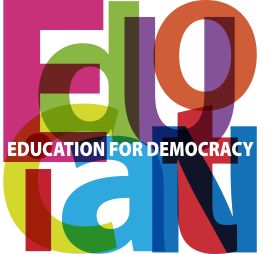Recognition of qualifications in this time of Coronavirus

As of today, April 2, this is only a first draft of a synthesis that will be completed in the coming weeks.
With regard to the recognition of qualifications in this time of Coronavirus, following the questionnaire answered by 42 centres, the following points can already be highlighted:
1. In many countries, the recognition of qualifications is perceived and thought of as a public service. The continuity of the public service has therefore been a priority. Almost all ENIC NARIC centres have therefore switched to telework.
2. This shift was carried out smoothly in cases where there was already a legislative framework for telework and where IT services were already fully or partially equipped for this mode of work. In one case, however, a centre had to close for 15 days, reopening on 2 April, in order to make telework technically possible. Where a centre’s switchover to digitalisation was already made or in progress, this made teleworking possible. In one extreme case, a centre had to stop its action completely owing to no "telework" legislation and no digitisation.
3. However, even in cases where the transition to telework ran as smoothly as possible, some centres found themselves legally obliged to provide certificates of recognition in hard copy, and these had to be signed, stamped and sent. This led to some Centre employees having to travel to their workplace - albeit in compliance with the protection rules - to carry out this obligation. It can also be noted that, like everyone else in this period of confinement, the overlapping of private and professional life is sometimes difficult to live and manage, hence the development in New Zealand of guidelines for best managing telework.
4. Recognition may be delayed due to
a. lack of access to records of similar decisions already taken, if the records were not digitised;
b. the difficulty of getting in contact with certain closed higher education institutions.
Although, this allows some centres to catch up on the backlog of applications.
5. The Coronavirus situation has resulted in a real drop in the number of applications, with the concomitant fear that this number will soar after the crisis. One may also note that the recognition of qualifications is related to regulated professions, particularly in the health and medical fields. This has led some countries to speed up recognition processes for this type of qualification, notably by shifting the final level of decision (from the national to the regional level).
6. For the future, it seems clear that the emphasis will be on digitalisation, since this has ensured that the whole process has not been blocked.
We warmly thank all those who keep the process of recognition of qualifications possible.



